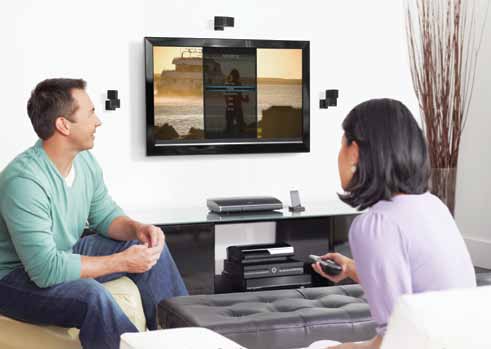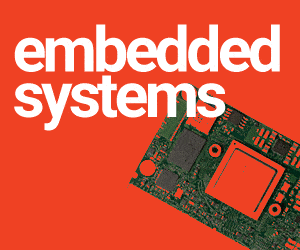
There are a lot more ways to be entertained today than ever before, and it’s really hard not to be infuenced by them all. Few years ago, the only electronic entertainment devices owned by a typical family were probably a TV, radio and cassette player. People had access to three or four television stations which were telecast only till midnight. Television was certainly a part of home life, but it was not available 24×7.
Today, we are swamped with electronic entertainment options. A family might own numerous electronic gadgets—from HD-TVs, DVD players, cellphones and home theatre systems to video game consoles, computers, PDAs and MP3 players. Many of these devices are portable and can be taken along wherever you go, creating more possibilities for entertainment. Most households are hooked into Wi-Fi Internet technology, and either cable, fibre-optic or satellite TV for access to hundreds of TV channels and round-the-clock programming.
Electronic devices make us feel good in many ways:
1. These allow us a choice of work-places.
2. Communication devices as flexible tools with online conversations as authentic as face-to-face ones.
3. Technology builds networks of people and the variety in communication methods smoothens inter-personal relationships.
4. Access to know-how for business and pleasure.
5. Cyberspace makes knowledge universal to feed our inventive brain.
6. Tech-assisted progress in medicine and disease prevention has stretched our lifespan.
7. Assistive technology helps us see, walk, move and hear better.
8. Life has become easier with consumer electronics.
9. Computer brings education, jobs and hobbies. It also doles out games and music without discrimination.
But is this change in lifestyle only for good? Let’s see.
Electronic entertainment becoming addiction
Many sociologists believe that modern society is actually addicted to entertainment, particularly, electronic entertainment; an electronic entertainment gadget provides us day-to-day entertainment or relaxation.
Presently, kids, adults and old alike seem attached to their TVs, MP3 players, PDAs and other electronic devices. After a day at school or work, people head home to their televisions and computers. Typically, the younger generation likes playing video games or using computers to message friends on social networking websites, download video clips or just surf the Web for fun. A lot of adults too are drawn to these activities. Or, they may prefer to plop down in front of their televisions and watch a sitcom or order a movie on demand.

This whole-hearted embrace of technology in our everyday life has come in for severe criticism. Psychologists glower at the way workplace connectivity eats up professional and personal time. They lecture against gifting leisure time to master new gizmos and electronic appliances.
Entertainment becomes an addiction when it becomes too high a priority. When you seek to be entertained all the time, don’t go anywhere without an MP3 player and PDA, and prefer surfing the Internet and watching TV to interacting with your family, it becomes a disorder. The sad thing is that we let media come into our homes and watch what we would never dream of teaching our kids as acceptable, whether it’s violence, teen sex or disrespect for elders.
The downside. A few disadvantages of the electronic life are:
1. Hours at the computer leaves no time for socialising or volunteering for community work.
2. Physical activities that give an endorphin rush and a feeling of well-being become limited.
3. Watching violent television programmes or video games can make children aggressive.
4. Constant use of electronic gadgets is said to be reshaping our brains and making our thinking shallower.
Word of advice
So there is a need to enjoy electronic entertainment with a fine alance. Any technology-based activity shouldn’t leave us vulnerable. Master the technology and learn to use it in a healthy and positive way.
The author is an associate professor in Department of Physics at S.L.I.E.T., Longowal, District Sangrur, Punjab






